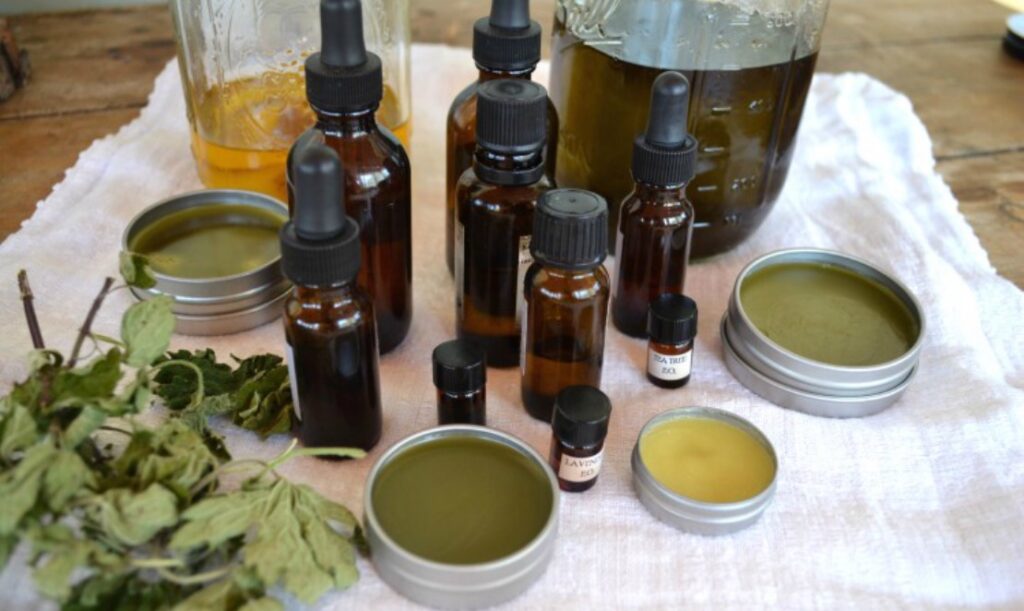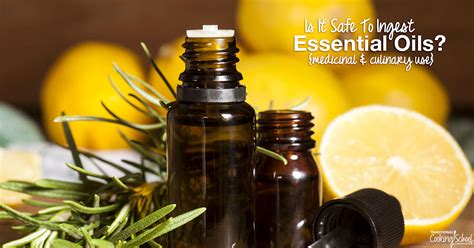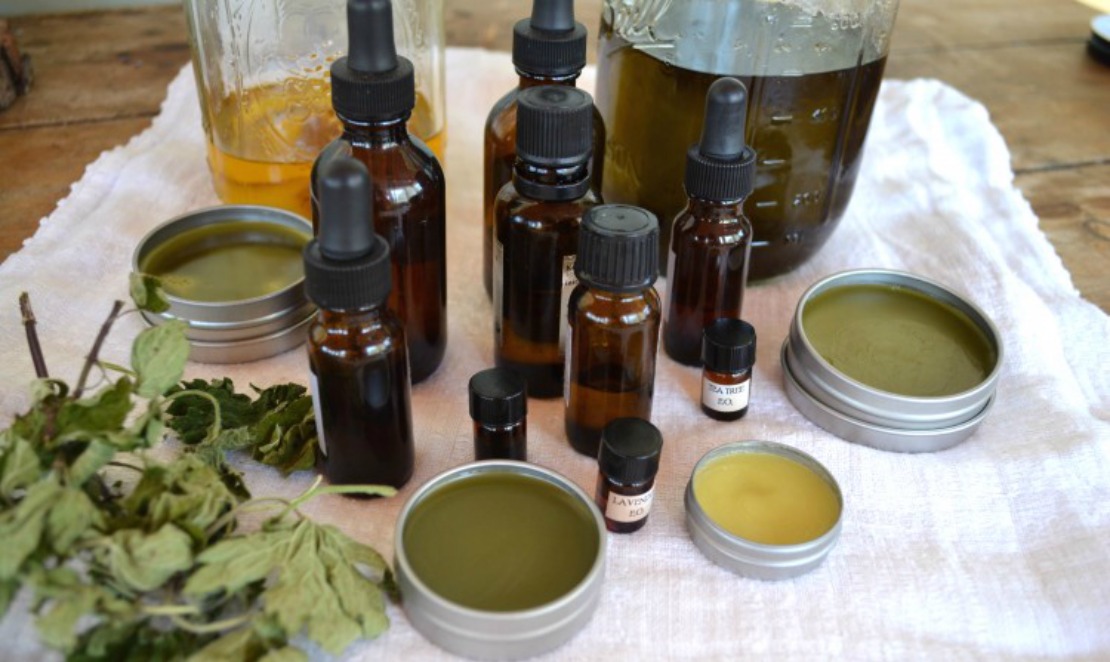
But first – safety!
While essential oils & aromatherapy have been used since ancient times and are relatively safe we want to share some best practices to ensure you are experiencing the most beneficial aspects of these multi-benefit aromatic health improving compounds.
Essential oils are all natural, but they are also potent + powerful compounds. A huge amount of plant material is used to make a very small amount of oil. For instance, it takes about two hundred kilograms of lavender flowers to produce one kilogram of lavender essential oil. It takes about four dozen roses to produce a single drop of rose oil. So working with these highly concentrated oils deserve our conscientiousness & respect.
SAFE ESSENTIAL OIL USE
On the skin: Like food allergies & intolerances some people have allergic reactions (or “sensitivity”) to certain essential oils. Some people also develop irritation when they use oils topically – this is common when used in strong concentrations and undiluted so be sure to properly dilute your oils when using on the skin.
To find out whether someone is allergic or sensitive to a certain oil, a “patch test” is performed. NOTE: If a person is allergic to oranges, lavender, ginger etc…there is a high likelihood they will be allergic to orange, lavender, ginger… essential oil.
Patch test instructions: Mix 1 drop of essential oil into 1 tsp (5 mL) of carrier oil. Place a small amount of the mixture on the inner elbow or the back of your arm, and cover the applied area with a large bandage. Wait 24-48 hours to see if there is a reaction.
Near the eyes: Keep essential oils away from your eyes. If an oil gets in your eyes, flush your eyes with saline solution or with a vegetable oil. Then gently wipe the irritated eye with a soft tissue. Flush with water after irritation has subsided.
Sun Exposure: some citrus-based oils can cause photosensitivity, meaning that if a citrus-based essential oil is applied topically, it can irritate, redden, or darken the pigmentation of the skin when exposed to direct sunlight within 12-24 hours of application. Steam distilled citrus oils generally are not phototoxic. Be sure to confirm the processing method of your citrus oil before topical use if sun exposure is near.

Are we ingesting essential oils?: some essential oils can be ingested in proper amounts and are used as food and medicine flavorings. The French mainly use essential oils in the form of internal medicine & supplementation. Before taking internally in any form confirm the oils safety for ingestion with an experienced aromatherapy or aromatic medicine practitioner.
Children: You wouldn’t keep your aspirin lying around in a place where children can get hold of them, would you? So too should you not keep essential oils where children can come into contact with them. A common recommendation for children in most essential oil mixtures is a 1 percent dilution rate or at half the strength that an adult would use.
It is always advised that an experienced aromatherapy practitioner be consulted before using essential oils topically on a child under twelve. If a child accidently drinks the oil, give them milk immediately (to dilute the oil), then take them to a hospital. Essential oil products that come pre-mixed are made with adults in mind.
Pregnancy: A common recommendation for pregnant woman is 1 percent dilution when using essential oils topically. It is also suggested that pregnant women should not use essential oils during their first trimester. Be sure to confirm the essential oils to avoid in pregnancy with an experienced aromatherapy practitioner as there are classes of essential oils that stimulate or increase menstrual flow (emmenagogues) as well as cause abortive actions in the uterus (abortifacient).
Essential oils are much safer than most of the drugs you store in your medicine cabinet so don’t let safety precautions keep you from enjoying essential oils. Just use with caution and consult an experienced practitioner when in doubt.
General Safety Information
Do not take any oils internally and do not apply undiluted essential oils, absolutes, CO2s or other concentrated essences onto the skin without advanced essential oil knowledge or consultation from a qualified aromatherapy practitioner. For general dilution information, read AromaWeb’s Guide to Diluting Essential Oils. If you are pregnant, epileptic, have liver damage, have cancer, or have any other medical problem, use oils only under the proper guidance of a qualified aromatherapy practitioner. Use extreme caution when using oils with children and be sure to first read the recommended dilution ratios for children. Consult a qualified aromatherapy practitioner before using oils with children, the elderly, if you have medical issues or are taking medications. Before using this or any essential oil, carefully read AromaWeb’s Essential Oil Safety Information page. For in-depth information on oil safety issues, read Essential Oil Safety by Robert Tisserand and Rodney Young.
WHAT ESSENTIAL OILS ARE RIGHT FOR YOU?
The nose always knows! My first recommendation is always to smell the oils and the ones that resonate with you will stick out. Once you’ve picked them a little bit of research often reveals the benefits they hold that you may be in need of. This is what I call Intuitive Aromatherapy.
Our sense of smell is tied to the limbic system aka “the emotional center of the brain”, an area of the brain that processes emotion. The limbic system is also an area where long-term memories are stored. Emotions and memories are deeply connected to our sense of smell. For this reason, some scents attract and others repel. While many scents encourage common responses, many individual scents induce very individual reactions.
If the first time you smelled roses was at a funeral, then rose oil might not remind you of love, but of loss. So, it is best to learn how your body responds to each oil.
To find out whether you like an oil or not, it is best to put a couple of drops on a napkin or cloth and then smell the material from about 6 inches away. This is a better method then trying to take a whiff straight from the bottle.
You can also do the reverse and research the oils by benefit to chose the ones you want to incorporate into your life. There is no wrong way to chose and most of us aromatherapy heads do both.
Keep in mind different essential oils have different effects on the body. If you need to relax, then any of the calming oils like lavender or bergamot are great options to diffuse. If you need to be energized look for stimulating oils like peppermint, lemon, and basil to use.
ESSENTIAL OIL QUALITY
There are many products that are labeled aromatherapy and essential oil but are actually “fragrance oils” or “perfume oils”. These products have labels that state that they are “made with essential oils” and often only contain small amounts of essential oil—and are steeped with synthetic ingredients which are harmful to your health.
The United States has no regulations against the misuse of the term “aromatherapy” on product labels so be sure to investigate the labels of any aromatherapy product to make sure all the ingredients are all natural and 100% essential oil.
All Basique Opulence Collections are 100% natural powered only by aromatic essential oils & crystal essences. Join our tribe today!


